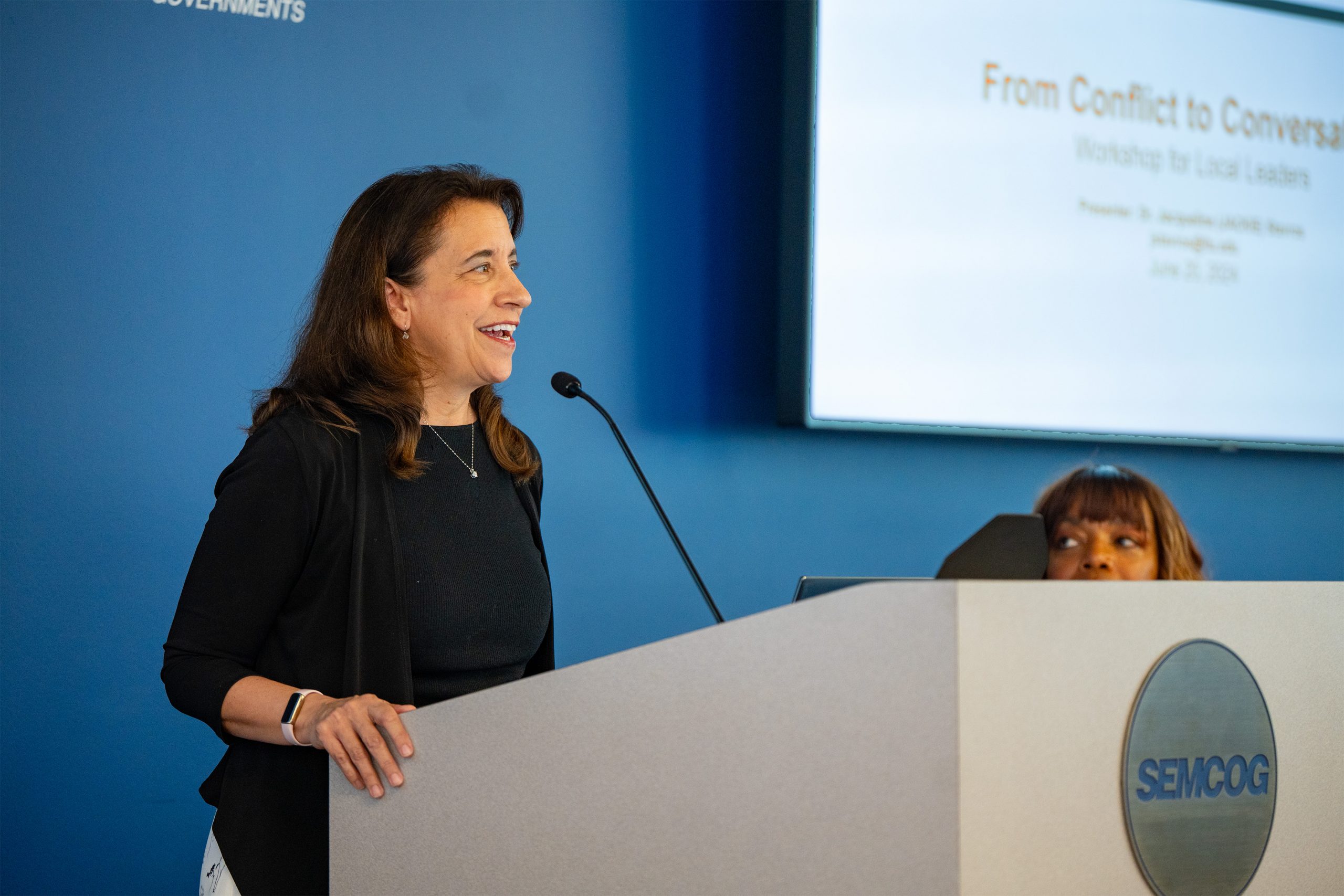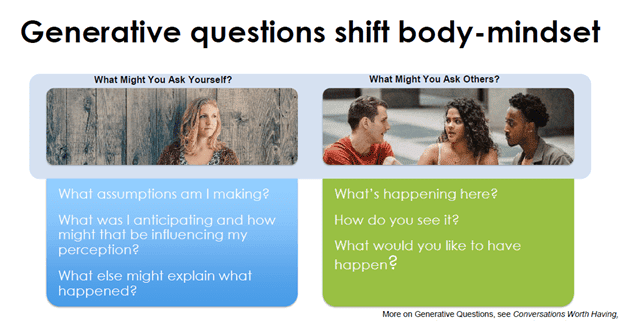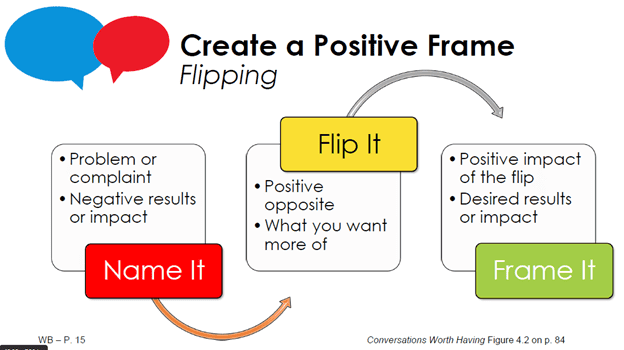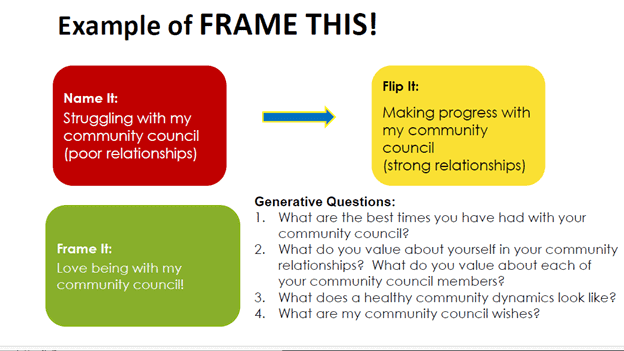
Dr. Jacqueline Stavros, Lawrence Technological University (LTU)
August is Civility Month, which emphasizes the importance of treating others with kindness, empathy, and respect. This provides a great opportunity to reflect on how our actions as public leaders affect those around us. There is a growing recognition of the need to embrace civility in policy conversations, particularly when addressing those with differing perspectives.
SEMCOG’s Locals Lead Initiative grew out of the recognition that the most effective pathway to regional solutions is marked by collaboration, partnerships, and civility in local government. When we asked SEMCOG members to share their areas of interest, the idea emerged to offer a skill-building workshop that promoted ways in which to have civil discussions on difficult topics.
Dr. Jacqueline Stavros, Lawrence Technological University (LTU), was invited to lead a session, From Conflict to Conversation: Workshop for Local Leaders. Dr. Stavros shared about the Power of SOAR™ and leading with our questions. SOAR is a strengths-based framework. The acronym is for Strengths-Opportunities-Aspiration-Results.
- Strengths: Those natural abilities in self and others that allow for optimal performance and create the best for yourself, others, teams or situation.
- Opportunities: Those ideas or innovations that make it possible to turn personal, team, or organizational visions into reality that lead to success.
- Aspirations: Those dreams or desires to achieve personal, team, or organizational goals and objectives.
- Results: Those measured and meaningful outcomes that support achievement of goals and objectives.
This profoundly positive approach to strategic thinking, planning, conversations, and leading guides individuals and organizations to reach shared understanding by asking generative questions.

Dr. Stavros shared that, “Generative questions unleash powerful potential for positive engagement and open conversation.” By being curious, there is an opportunity to increase engagement, boost creativity, foster trust and collaboration, and open communications in a way that strengthens relationships.
We can all recall a time where the conversation was focused on problems and charged with negative emotions. Critical Conversations are those that devalue through depreciative questions and defensive interactions and too often start with the phrase, “With all due respect!” In these interactions, the stress level is high, behavior is often authoritative or defensive, and there is a lack of connection.
In the workshop, participants learned about “flipping” the negative or depreciative situation with a Positive Framing. A Positive Frame means talking about what you want (for yourself, a relationship, team, community, etc.) instead of focusing your attention and energy on what you don’t want. A positive frame helps focus on where you want to go and what is possible; and it opens the mindset for learning and growth instead of getting stuck on problems.

Everyone can exercise the POWER of LEADING through our questions. The example below illustrates how to ask generative questions in a situation with a city council that has a poor working relationship.

Conversations Worth Having reflects the ability to add value through generative questions and positive framing. A Positive Frame embraces civility and opens the mindset for learning and growth instead of getting stuck on problems.
Generative Questions allow us to have Conversations Worth Having by:
- Making the Invisible Visible
- Asking ourselves what (incorrect) assumptions are we making?
- Creating Shared Understanding
- How might we come to a shared understanding about this so we can move forward together?
- Creating Shared Outcomes
- What needs to happen for this to work?
- Identifying Strengths and Best Practices
- Who is doing a really good job at this? What might we learn from them?
- Generating Possibilities
- How might we….?
- Building Connection
- Can you tell me more specifically what you’d like?
- I can see this is upsetting for you. How can I support you?
When faced with adversity, take a moment to pause, breathe, and get curious.
We thank Dr. Jackie Stavros for generously sharing the workbook and Presentation slides with the workshop participants, and her guest, Dr. Matthew Cole from Lawrence Tech, for their insightful presentation on “Conversations Worth Having.” Additionally, we extend our gratitude to Mayor Tim Greimel of Pontiac and Mayor Kelly Garrett of Lathrup Village for their inspiring opening remarks.
A deeper understanding and examples of generative questions are shared in the Learning to SOAR: The Power of Leading with Questions Workbook. Below are additional resources and information about SOAR and Dr. Stavros:
Stavros – Podcast, LinkedIn, and Facebook
| Using Appreciative Inquiry to fuel productive and meaningful engagement. Learn more at www.CWH.Today |
| SOAR creates strategy and strategic plans that inspire innovation and engagement. Learn more at www.soar-strategy.com. |



Leave a Reply